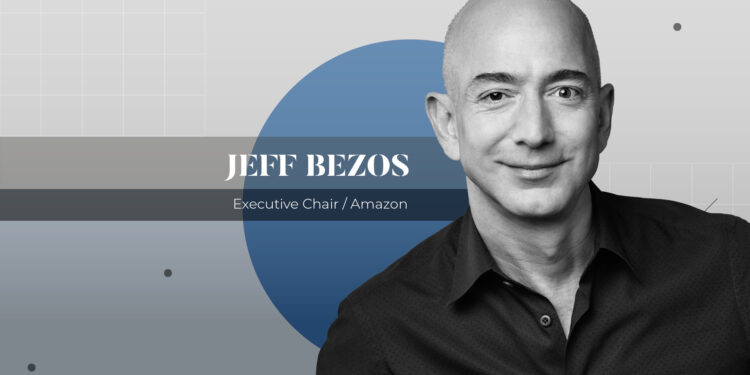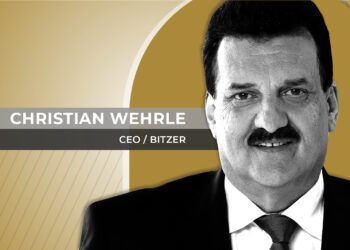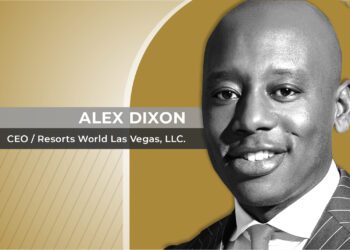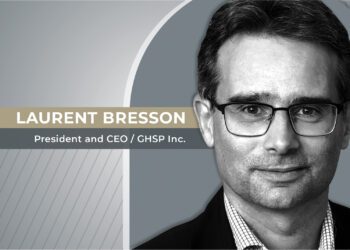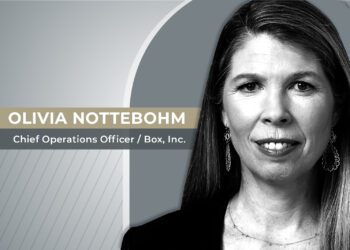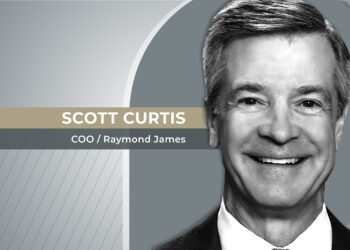With a net worth of almost $200 billion as of September 2021, Jeff Bezos is either the wealthiest or second-wealthiest person in the world according to both Forbes and Bloomberg’s Billionaires Index. Not bad for a self-made entrepreneur who started out founding a modest online bookstore—one among many in the early days of the internet—in 1994. Yet since stepping down as CEO of Amazon in July this year (he remains executive chairman), Bezos has focused on another passion: the potential to explore and travel in space through his other most-well-known company, Blue Origin.
Until recently, Bezos had dedicated Wednesday afternoons only to Blue Origin, led by CEO Bob Smith. Yet reports suggest he is spending more and more time on the venture which he has described as his “life’s most important work”—as well as heading up to the stars himself on a recent test flight.
Blue Origin, LLC is an American privately funded aerospace manufacturer and sub-orbital spaceflight services company headquartered in Kent, Washington. The company’s name refers to the blue planet, i.e. Earth, as the point of origin. Founded by Bezos in 2000, the company aims to make access to space cheaper and more reliable through reusable launch vehicles.
Developmental test flights of the New Shepard vessel—named after Alan Shepard, the first American in space—began in April 2015, and flight tests are ongoing as we speak. Bezos has thus far made no mention of a profit motive for Blue Origin, yet as of July 2021 the company had reportedly sold $100 million in tickets for future spaceflights.
Yet it is only the latest venture that Bezos—maybe the greatest entrepreneur of his generation—has embarked upon.
AN UNPRECEDENTED RISE
Born in Albuquerque, New Mexico, in 1964, Jeff Bezos grew up in Houston and Miami and graduated from Princeton University in 1986. He initially worked on Wall Street in a variety of roles before founding Amazon during a 1994 cross-country road trip from New York to Seattle. The company may have begun as an online bookstore but it has since expanded to a wide variety of other e-commerce products, including, most recently, video and audio streaming, cloud computing, and AI, to become the largest internet-based company in the world by revenue.
Amazon became a genuine phenomenon of the early internet era. In May 1997, the company went public. It began selling music and videos in 1998, at which time it began operations internationally by acquiring online sellers of books in United Kingdom and Germany. The following year, Amazon began selling items including video games, consumer electronics, home improvement items, software, games, and toys.
In 2002, Amazon launched Amazon Web Services (AWS), which provided data on website popularity, internet traffic patterns and other statistics for marketers and developers. In 2006, Amazon grew its AWS portfolio when Elastic Compute Cloud (EC2), which rents computer processing power as well as Simple Storage Service (S3), that rents data storage via the Internet, were made available. That same year, Amazon started Fulfillment by Amazon which managed the inventory of individuals and small companies selling their belongings through the company internet site.
Bezos first became a millionaire in 1997 after raising $54 million through Amazon’s IPO. He was first included on the Forbes World’s Billionaires list in 1999 with a registered net worth of $10.1 billion. On March 6, 2018, Bezos was designated the wealthiest person in the world with a registered net worth of $112 billion. He unseated Bill Gates ($90 billion) and is considered the world’s first registered centi-billionaire (not adjusted for inflation).
TO THE STARS…
One can thus naturally forgive Bezos for moving on to other challenges. In summer 2021, he stepped down as CEO of Amazon to spend more time focusing on other interests. Blue Origin was originally founded in 2000, yet it is in the past few years the company has become a household name, reaching space for the first time with its New Shephard vehicle in 2015 and carrying out two high-profile and successful human spaceflights this past year.
Blue Origin is employing an incremental approach from suborbital to orbital flight. The company is developing a variety of technologies, with a focus on rocket-powered vertical takeoff and vertical landing (VTVL) vehicles for access to suborbital and orbital space. It has not yet begun commercial passenger flights, nor announced a firm date for when they would begin. Nevertheless, on nearly every one of the test flights since 2015, the unmanned vehicle has reached a test altitude of more than 330,000 ft and achieved a top speed of more than Mach 3, reaching space above the Kármán line, with both the space capsule and its rocket booster successfully soft landing.
In May 2019, Jeff Bezos unveiled Blue Origin’s vision for space and also plans for a moon lander known as “Blue Moon,”set to be ready by 2024. On July 20, 2021, Bezos himself flew to space alongside his brother Mark in a suborbital flight lasting over 10 minutes and reaching a peak altitude of 66.5 miles.
…AND BEYOND
There seems little possibility of Jeff Bezos the businessman resting on his laurels anytime soon. Beyond the incredible potential of Blue Origin, one of a handful of companies—including Elon Musk’s SpaceX and Richard Branson’s Virgin Galactic—aiming to reshape the future of space travel and space tourism, Bezos’ wider business empire continues to grow. In 2013, he purchased The Washington Post for $250 million. This past September, he co-founded the biotech company Altos Labs with Mail.ru founder Yuri Milner, and he manages many other investments through his venture capital firm, Bezos Expeditions.
Perhaps unsurprisingly for the world’s most high-profile businessman, Jeff Bezos has recently found himself in the news as much for personal controversy as for his considerable entrepreneurial achievements. A $35.6 billion divorce from wife MacKenzie Tuttle saw his name splashed across the gossip columns, while on a more serious note, complaints about labor conditions for Amazon factory and delivery workers have provoked a national and international debate regarding workers’ rights, particularly during a period in which Amazon’s wealth increased drastically (by a reported $24 billion in 2020) and ordinary people have been heavily hit by the Covid-19 pandemic.
In a 2020 letter to shareholders, Bezos said that he feels Amazon’s direct relationship with employees is strong, but that the company needs “a better vision for how we create value for employees—a vision for their success.”
Further success—particularly in the realm of space travel—will likely bring further controversies. Such is the price of being a 21st century entrepreneur like few others, first conquering the internet and now looking to conquer space.

